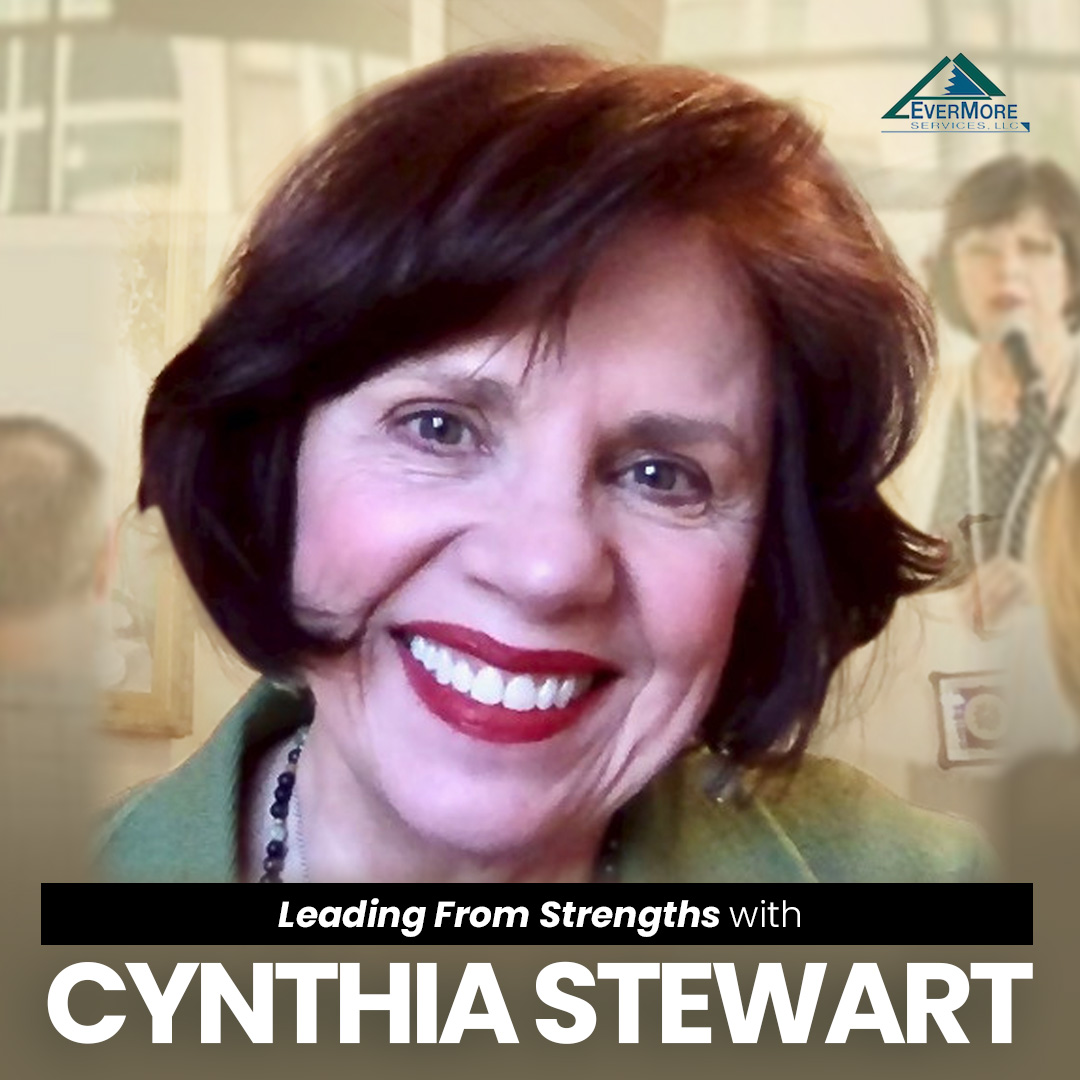“There's nothing more energizing than leading from strengths. Nothing.” -Cynthia Stewart
In this episode, Clarence Fisher talks with Cynthia Stewart about how business owners and leaders can establish an innovative work culture that delivers high employee engagement and exceptional results by helping everyone on their team to lead from their strengths.
Listen now for insightful ways to accelerate your leadership growth and team performance!










